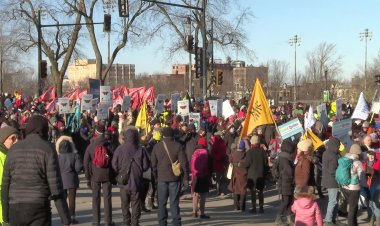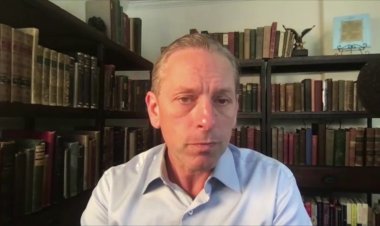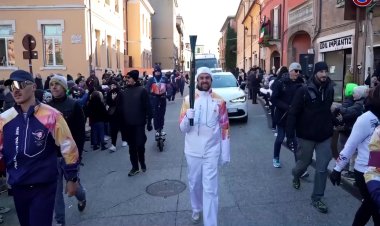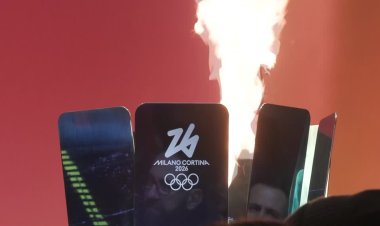In Kosovo's Mitrovica, Serbian flags and nationalist murals blanket the streets of its Serb enclave

In Kosovo's Mitrovica, Serbian flags and nationalist murals blanket the streets of its Serb enclave -- where the community effectively oversees a state within a divided city that is a symbolic flashpoint.
For the past two decades, Mitrovica in northern Kosovo has straddled a simmering fault line between Serbs in the north and ethnic Albanians in the south.
NATO underwrites the uneasy peace and the Ibar River effectively partitions the two communities.
The city is a microcosm of tensions, with Belgrade refusing to acknowledge Kosovo's 2008 independence declaration with rioting last month reigniting fears that clashes in the hotspot could inflame relations.
"There is a general opinion that a conflict is imminent," Jovana Radosavljevic, the director of local non-profit the New Social Initiative tells , saying tensions were at their highest levels in a decade.
The 33-year-old activist blames the rising temperature on populist rhetoric from Kosovo's new government led by Prime Minister Albin Kurti as well as distrust sown by officials in Belgrade.
"We are pawns in the game," she says.
Mitrovica's proximity to the Serbian border to the north has transformed the city's Serbian enclave into an instrument of Belgrade where unrest can be stirred and indirect pressure applied on Kosovo.
On and off EU-brokered talks have yielded little progress in recent years, while distrust persists between Kosovo Albanian and Serb communities following the Yugoslav wars in the late 1990s.
For centuries, Serbs have viewed Kosovo as the cradle of its culture and Orthodox faith, complicating efforts to strike a compromise deal.
Along Mitrovica's main thoroughfare, a towering statue of the medieval Serbian king Lazar points a defiant finger south where most of the city's 70,000 Albanians live.















